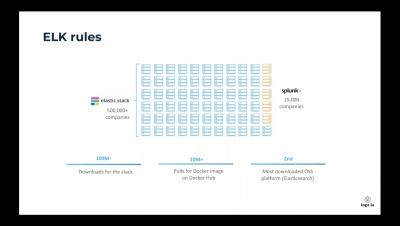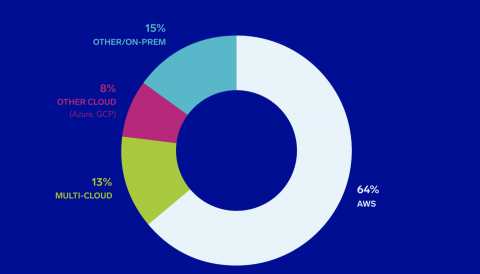The Joker's in town. Time to secure your Android devices
Security experts from Google have discovered a new spyware in 24 Play Store apps that, combined, have more than 472,000 downloads. Researchers have stated that this spyware also has the capabilities of normal malware and appears to have infected certain apps in Google Play with more than 100,000 installations. Cybercriminals are deploying this spyware through the advertisement framework in those compromised apps.











